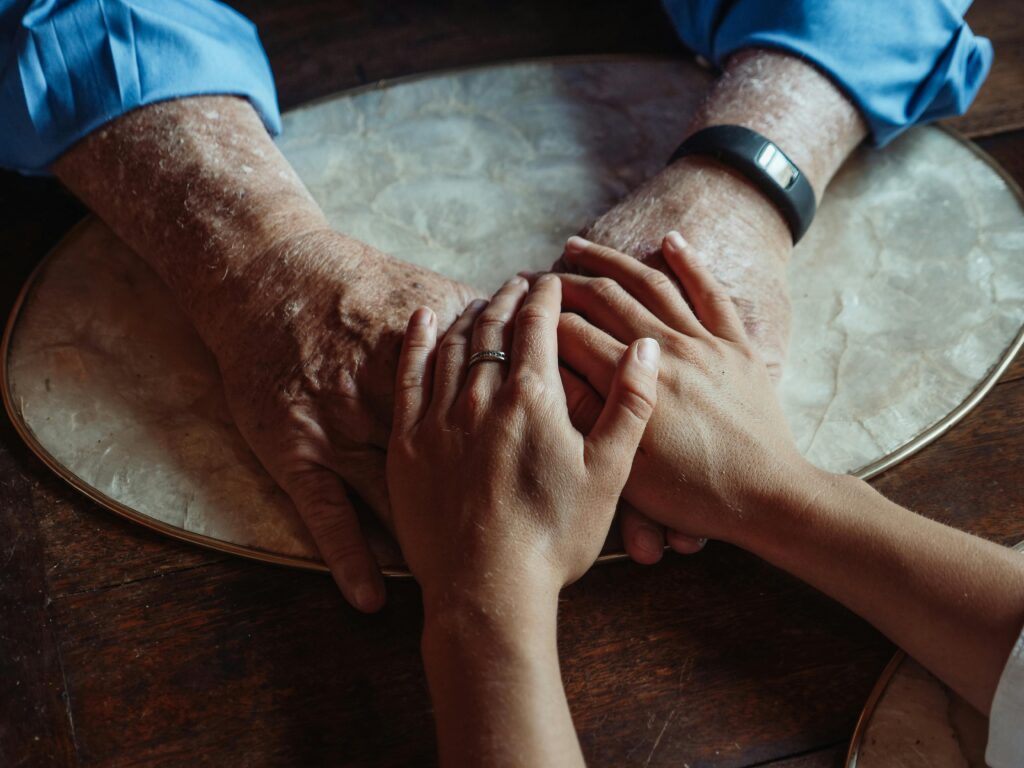Elder abuse is a growing concern as the aging population increases. Recognizing and addressing abuse is essential to protect seniors from neglect, exploitation, and harm. Laws require certain professionals, known as elder abuse mandatory reporters, to report suspected abuse. Understanding who is a mandatory reporter, how they can identify abuse, and the reporting process is crucial in protecting vulnerable older adults.
What is Elder Abuse?
Elder abuse includes physical, emotional, sexual, and financial abuse, along with neglect and abandonment. Common perpetrators include caregivers, family members, and others in positions of trust. Elder abuse often goes unreported due to fear, shame, or lack of awareness, making mandatory reporting laws vital in safeguarding seniors. Raising awareness of these laws helps encourage reporting and prevents further victimization.
Elder abuse can occur in various settings, including private homes, nursing facilities, and assisted living communities. Understanding where abuse is most likely to occur can help mandatory reporters remain vigilant. Seniors who live alone or rely on others for daily care are particularly vulnerable.
Who is a Mandatory Reporter of Elder Abuse?
A mandatory reporter is a professional required by law to report suspected elder abuse. While the exact list of who is a mandatory reporter varies by state, common professions include:
1. Healthcare Professionals
- Doctors
- Nurses
- Paramedics
- Social workers
- Psychologists
- Long-term care facility staff
- Physical and occupational therapists
2. Law Enforcement and Legal Personnel
- Police officers
- Attorneys
- Judges
- Guardians and conservators
- Emergency responders
3. Social Services and Caregivers
- Adult protective services employees
- Nursing home staff
- Home health aides
- Caseworkers
- Nonprofit and advocacy group members
4. Financial Institutions
- Bank employees
- Financial advisors
- Accountants
- Insurance agents
These professionals are in positions to recognize abuse signs and are legally obligated to take action when abuse is suspected.
Recognizing Signs of Elder Abuse
Mandatory reporters should be aware of key indicators of elder abuse, including:
- Physical Abuse: Unexplained bruises, burns, fractures, or signs of restraint.
- Emotional Abuse: Withdrawal, fearfulness, agitation, or sudden behavioral changes.
- Sexual Abuse: Bruising around sensitive areas, sexually transmitted infections, or distress.
- Financial Abuse: Sudden bank account changes, missing valuables, unauthorized transactions.
- Neglect: Malnutrition, dehydration, poor hygiene, unsafe living conditions.
- Abandonment: An elder being left alone without adequate resources.
How to Report Elder Abuse
Each state has its own procedures for reporting elder abuse, but common steps include:
1. Document Observations
- Note physical signs, behavioral changes, and any statements made by the elder.
- Keep records of financial irregularities if applicable.
- Take photographs if necessary and permitted.
2. Contact the Appropriate Authority
- Adult Protective Services (APS): Most reports go to APS, which investigates abuse claims.
- Law Enforcement: If an elder is in immediate danger, call 911.
- Long-Term Care Ombudsman: Reports concerning nursing homes or assisted living facilities can be directed to the ombudsman.
- State-Specific Hotlines: Many states have dedicated elder abuse reporting hotlines.
3. File a Written Report
- Some states require mandatory reporters to submit written documentation in addition to a phone call.
- Reports should include the elder’s name, location, details of suspected abuse, and any known perpetrators.
- Provide as much detail as possible to aid in the investigation.
4. Follow Up
- Mandatory reporters may need to cooperate with investigators.
- Reporting anonymously is possible in many states, but follow-up may be limited.
- Maintain confidentiality, but be prepared to provide testimony if required.
Consequences for Failing to Report
Failing to report suspected elder abuse can have serious legal and ethical consequences, including:
- Criminal Penalties: Some states impose fines or jail time for non-reporting.
- Civil Liability: Reporters who fail to act may be sued for negligence.
- Professional Repercussions: Healthcare and social service workers may face disciplinary actions, including license revocation.
- Moral and Ethical Concerns: Allowing abuse to continue without intervention can have devastating effects on the victim.
Legal Protections for Mandatory Reporters
To encourage reporting, most states provide legal immunity for reporters acting in good faith. This means:
- Reporters cannot be sued for making a report unless it is proven to be intentionally false.
- Their identity is often kept confidential to protect against retaliation.
- Legal protections ensure mandatory reporters can fulfill their duty without fear of professional consequences.
Best Practices for Mandatory Reporters
To ensure effective reporting, mandatory reporters should:
- Stay informed about elder abuse laws in their state.
- Participate in training programs and workshops on identifying and reporting abuse.
- Establish clear protocols within their organization for reporting suspected abuse.
- Foster relationships with agencies responsible for investigating elder abuse cases.
- Educate colleagues and community members about elder abuse signs and prevention.
Conclusion: The Role of Mandatory Reporters in Protecting Seniors
Elder abuse is a serious issue that requires vigilance and action. Elder abuse mandatory reporters play a critical role in identifying and addressing abuse. Understanding who is a mandatory reporter, recognizing the signs of abuse, and following the appropriate reporting procedures are key to protecting the elderly. By taking prompt action, mandatory reporters can prevent further harm and ensure that vulnerable seniors receive the care and protection they deserve.
Awareness and education are essential components of preventing elder abuse. Professionals and community members alike should remain proactive in safeguarding the elderly. Reporting suspected abuse not only protects the individual but also strengthens societal efforts to uphold the dignity and safety of seniors.
If you suspect elder abuse, do not hesitate to report it to the appropriate authorities. Your actions could save a life and make a meaningful difference in protecting one of our most vulnerable populations.
If you or a loved one has been a victim of elder abuse, contact P&P today for a free case review.




